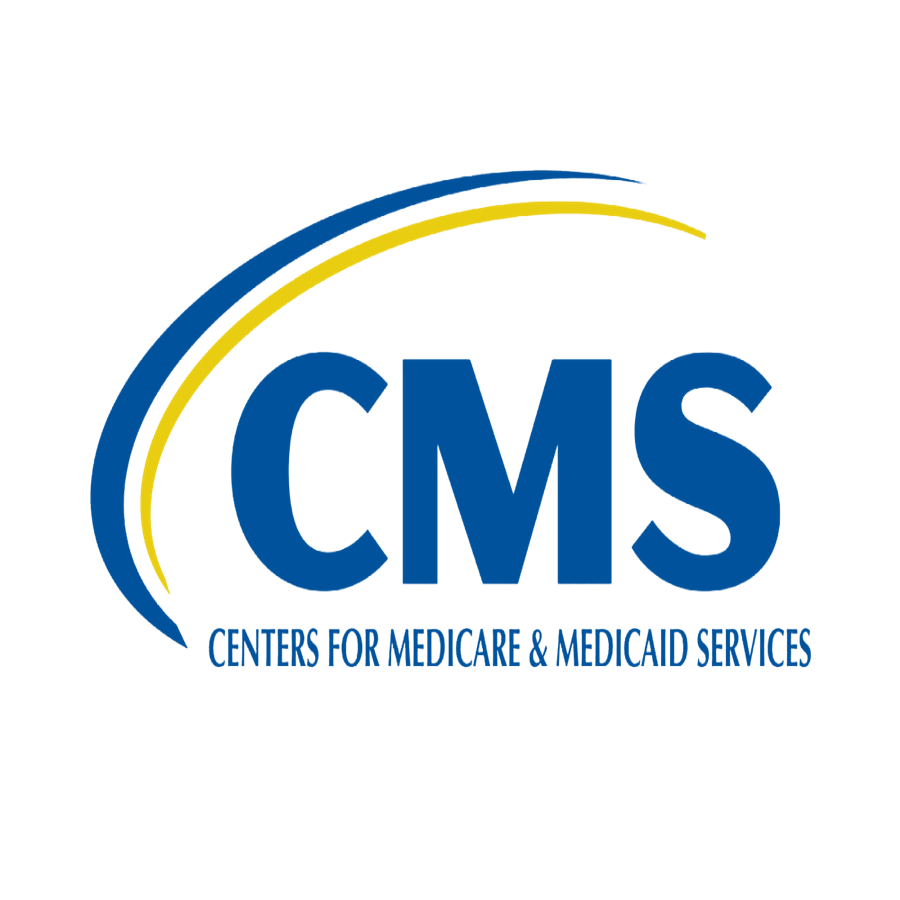Understanding the Differences Between Home Health and Home Care
When it comes to caring for a loved one, understanding the available options is crucial. Home health and home care are two distinct services designed to support individuals in their homes, yet they cater to different needs. This blog aims to clarify the differences between home health and home care, helping you make an informed decision for your family.
Areas We Serve
- Home care Richmond, VA
- Home care Henrico, VA
- Home care Chesterfields, VA
- Home care Charles City, VA
- Home care Goochland, VA
- Home care Hanover, VA
- Home care New Kent, VA
Read more:

Home Health
Home health care is a medical service provided in the comfort of a person’s home. It involves clinical care performed by healthcare professionals such as nurses, physical therapists and occupational therapists. Home health services are typically prescribed by a physician and are aimed at treating or managing an illness, injury or medical condition.
Read more:
- Celebrating Our Compassionate Caregivers: National Home Care and Hospice Month
- Honoring CNAs and PCAs: A Tribute to Nursing Assistants Week
- Celebrating OT Month: Enhancing Lives with Occupational Therapy
Home Care
Home care, on the other hand, focuses on non-medical support. It is designed to help individuals with daily activities and to provide companionship. Home care aides or personal care assistants provide home care services. Home care is ideal for individuals who need help with day-to-day activities but do not require medical care.
Read more:
- How Home Health Services Enhance Quality of Life of Seniors
- Dementia Home Health Care Services Richmond VA
- Why Older Adults Should Talk About Pain
Services Provided
Understanding the specific services offered by home health care and home care is essential for determining which type of care best suits your needs or those of your loved one.
Home Health Services
Home health care offers a range of medical services, including:
- Wound care and dressing changes
- Administering medications and injections
- Health monitoring (e.g., blood pressure, blood sugar levels)
- Rehabilitation Services: physical, occupational and speech therapies
- Medical tests and assessments
Home health care is often used for patients recovering from surgery, managing chronic illnesses or receiving ongoing medical treatment at home.
Read more:
- The Vital Role of Nutrition in Wound Healing | Affirmation
- Assisting with Personal Home Health Care and Hygiene in Richmond, VA
- Welcome Christina Shaw as the New Clinical Manager at Affirmation
Home Care Services
Home care provides essential support services to help individuals maintain their independence, such as:
- Assistance with bathing, grooming and personal hygiene
- Meal preparation and feeding
- Light housekeeping and laundry
- Medication reminders (but not administration)
- Transportation to appointments and errands
- Companionship and socialization
Home care is suitable for elderly individuals, those with disabilities, or anyone needing assistance with daily living activities.
Read more:
- The Role of a Home Health Care Aide
- In-Home Medication Management for Health & Safety
- Tips for Convincing Your Elderly Parent to Accept Help
The Cost of Care
Navigating the financial aspects of care is a critical component of planning for home health or home care services. Understanding the costs associated with each type of care and the available payment options can help you make a well-informed decision that aligns with your budget and financial resources.
Home Health
Home health care is affordable. Medicare, Medicaid and numerous private insurance plans typically include coverage for eligible patients when recommended by a physician. If you're interested in home health care but don't meet eligibility criteria, private payment for these services could be a viable choice.
In addition to standard home health services, many insurance providers also cover essential medical equipment (such as walkers or wheelchairs) and specific medical supplies if deemed necessary. Depending on your insurance plan, a nominal out-of-pocket expense (approximately 20%) may be involved.
When it comes to understanding your coverage and potential out-of-pocket expenses, a home health agency, like
Affirmation, can provide valuable guidance. Feel free to
reach out to us to gain clarity on your options and costs associated with home health care services. Our admissions team can help you understand your coverage and any out-of-pocket costs associated with care.
Home Care
Payment for home care services can vary widely. While some long-term care insurance policies and veterans’ benefits may cover home care, it is often paid out-of-pocket. The costs can depend on the level of care needed, the duration of services, and the geographical location. It’s important to consider these factors when planning for home care expenses.
Benefits and Limitations
Each type of care—home health and home care—offers distinct advantages and potential drawbacks that can influence your decision. Understanding these benefits and limitations is crucial for selecting the right care for your loved one.
Home Health Benefits
- Professional medical oversight and care
- Improved health outcomes through regular monitoring and treatment
- Convenience of receiving medical services at home
Home Health Limitations
- Usually short-term and based on medical necessity
- Can be more expensive than non-medical home care
- Care must be ordered by a physician
Home Care Benefits
- Personalized assistance with daily activities
- Enhanced quality of life and independence
- Emotional support and companionship
Home Care Limitations
- Non-medical; cannot provide treatments or medical interventions
- Costs may add up if not covered by insurance
Read more:
- Outpatient Therapy in the Home Now Offered by Affirmation
- Can Mental Games Help Prevent Alzheimer’s and Dementia?
- Welcome Brittany Haynes: Our New Intake Coordinator for Home Health
Choosing the Right Care
Selecting the appropriate care for your loved one involves careful consideration of a range of factors, including their medical needs, daily living requirements and personal preferences. This decision can significantly impact their quality of life and overall well-being.
Assessing Needs
When deciding between home health and home care, consider the specific needs of your loved one. Ask questions such as:
- Do they require medical treatment or monitoring?
- What daily activities do they need help with?
- How often do they need assistance?
Read more:
- Managing Medications: A Caregiver's Guide to Helping Seniors Maintain Independence
- Best Yoga Exercises and Stretches for Seniors to Do at Home
- Avoid These Eight Common Mistakes When Caring for Aging Parents
Consulting Professionals
It's important to discuss care options with healthcare providers, such as doctors or care managers, who can offer guidance based on the individual’s medical condition and personal needs. They can help you determine whether home health or home care is the best choice.
Understanding the key differences between home health and home care can help you make the best decision for your loved one’s well-being. Both services offer valuable support but cater to different needs.
For more information or to discuss your specific situation, please contact us. You can also download our free resources by visiting Affirmation Pathways for Living. We're dedicated to helping you navigate the best care options for your family.
Read more:
- Navigating Conversations About Senior Driving and Upholding Independence with In-Home Care
- Recognizing the Unsung Heroes: National Caregivers Day and the Impact of Direct Care Workers
- Why Older Adults Should Forget the New Year’s Diet and Embrace Healthy Aging Nutrition
- 6 Common Ailments Physical Therapy Can Help With

Affirmation is a not-for-profit organization created by LifeSpire of Virginia and Pinnacle Living.
Quick Links
Compassionate In-Home Care in Richmond
All Rights Reserved | Affirmation | Site Built By Rank Rocket Creative Studios







